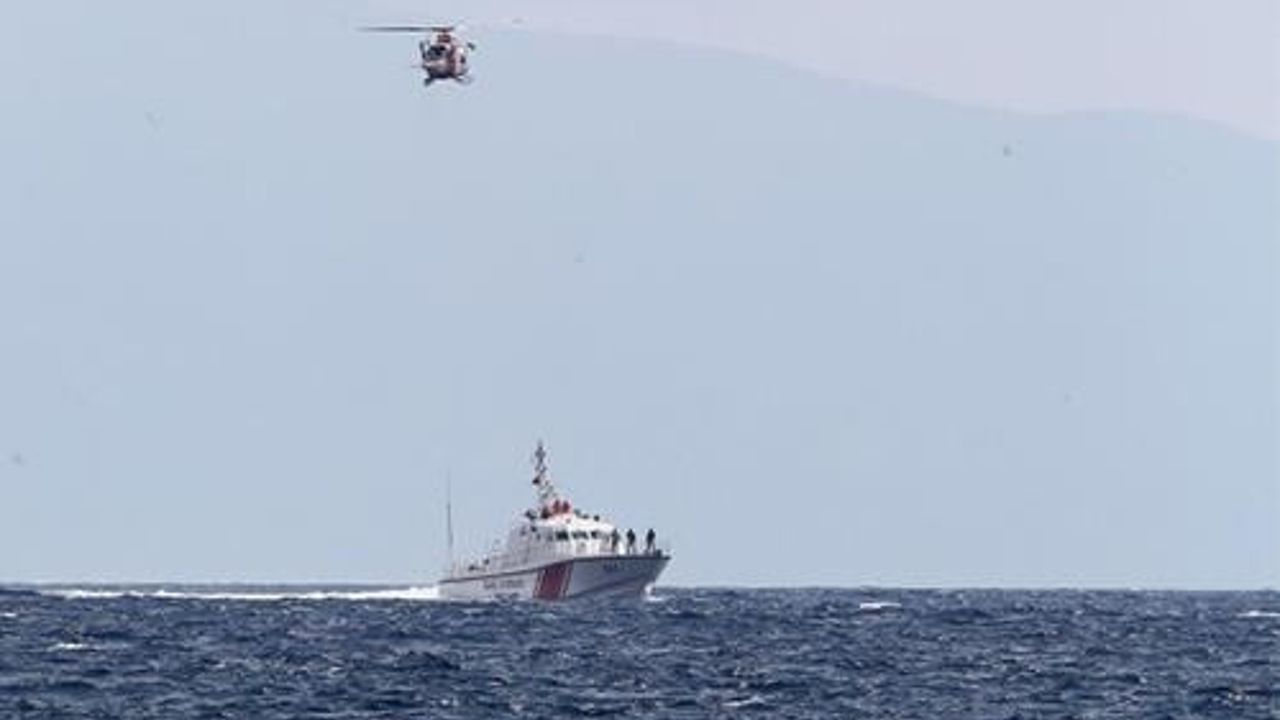2nd refugee ship in a week lands in Italy
World |
'Ghost' freighter -- abandoned by its crew and carrying Syrian refugees -- leave EU officials scratching their heads over how to fight against novel ways of human trafficking

Font Size:
Hundreds of Syrian refugees finished disembarking Saturday from the "ghost" freighter Ezadeen in southern Italy as Italian and EU officials pondered how to counter traffickers using ruthless new tactics to dispatch human cargoes to western shores.
In all, 360 people including 54 women and 74 minors left the vessel at the port of Corigliano Calabro after Italian authorities boarded the ship Thursday to find it had been abandoned by its crew of people smugglers.
The migrants were in generally good condition but the arrival of the Ezadeen a short time after the arrival of another group of migrants aboard the Blue Sky M, also abandoned by its crew, has posed headaches for Italian authorities concerned by what EU commissioner for immigration Dimitris Avramopoulos called "new methods to exploit the desperate."
"These events underline the necessity for resolute and coordinated action by the whole European Union," he said.
Investigators want to know why the Moldavian-flagged Blue Sky M was on the Greek island of Zante on the morning of Monday, December 29, and how it managed to leave the island with 678 migrants aboard without Greek authorities noticing before it eventually arrived at the Apulian port of Gallipoli on Wednesday after an SOS was sent by radio from the freighter to attract attention, claiming falsely that armed men had commandeered the ship.
Authorities believe the two ghost ships' arrival within two days of each other indicates a new Levantine route is being adopted by smugglers replacing the hazardous route from Libya to the Sicilian island of Lampedusa, official sources say. Since September as many as 13 ships carrying refugees and illegal migrants have arrived in Italy from Turkey.
Anadolu Agency
In all, 360 people including 54 women and 74 minors left the vessel at the port of Corigliano Calabro after Italian authorities boarded the ship Thursday to find it had been abandoned by its crew of people smugglers.
The migrants were in generally good condition but the arrival of the Ezadeen a short time after the arrival of another group of migrants aboard the Blue Sky M, also abandoned by its crew, has posed headaches for Italian authorities concerned by what EU commissioner for immigration Dimitris Avramopoulos called "new methods to exploit the desperate."
"These events underline the necessity for resolute and coordinated action by the whole European Union," he said.
Investigators want to know why the Moldavian-flagged Blue Sky M was on the Greek island of Zante on the morning of Monday, December 29, and how it managed to leave the island with 678 migrants aboard without Greek authorities noticing before it eventually arrived at the Apulian port of Gallipoli on Wednesday after an SOS was sent by radio from the freighter to attract attention, claiming falsely that armed men had commandeered the ship.
Authorities believe the two ghost ships' arrival within two days of each other indicates a new Levantine route is being adopted by smugglers replacing the hazardous route from Libya to the Sicilian island of Lampedusa, official sources say. Since September as many as 13 ships carrying refugees and illegal migrants have arrived in Italy from Turkey.
Anadolu Agency
Similar News
Video News

WORLD
26 Mart 2024 - 11:18
Photo News






